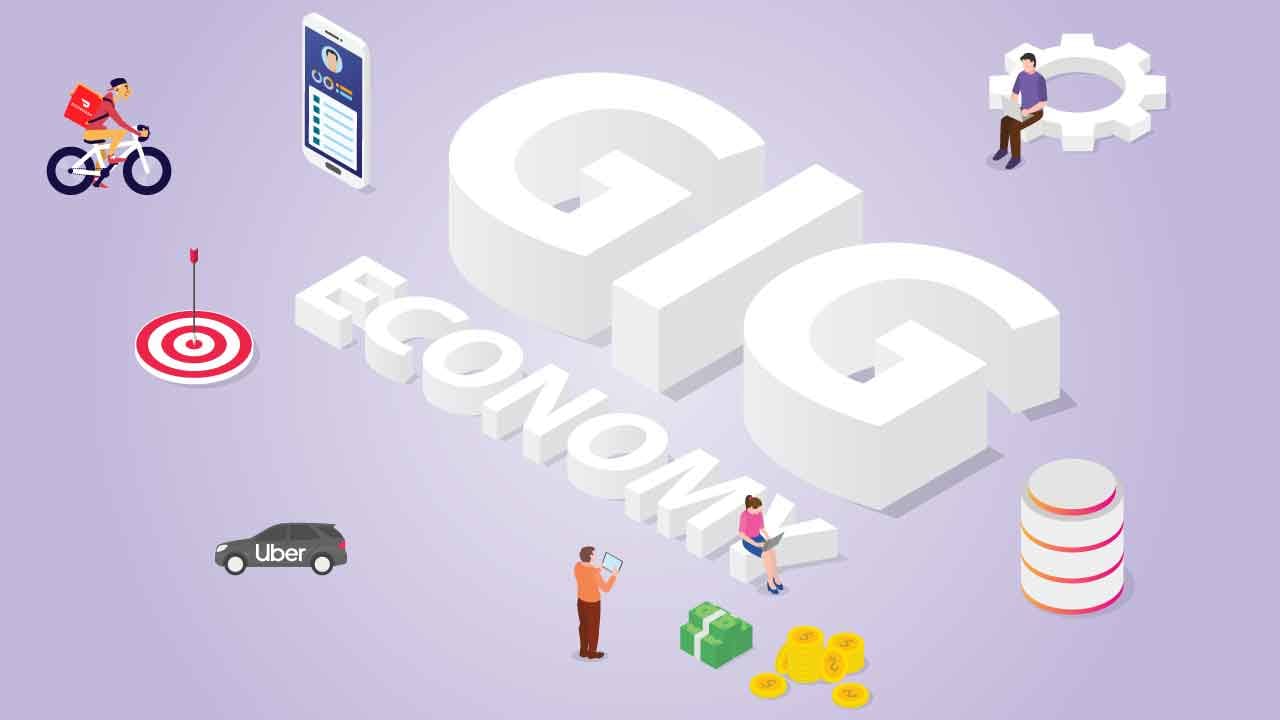GIG Economy money !!
The gig economy refers to a labor market characterized by short-term contracts or freelance work instead of permanent jobs. In recent years, it has grown rapidly, driven by technological advancements, the rise of digital platforms, and changing work preferences. Gig economy jobs span diverse industries, including transportation, delivery services, creative professions, and technology, offering opportunities to workers seeking flexibility and autonomy.
Platforms like Uber, Lyft, DoorDash, and Fiverr have become emblematic of the gig economy, allowing individuals to work as ride-share drivers, delivery personnel, graphic designers, writers, and more. These jobs offer the freedom to choose one’s working hours and projects, making them appealing to students, part-time workers, and those looking for supplemental income. For many, the gig economy serves as a pathway to financial independence or an alternative to traditional employment.
However, gig economy jobs come with challenges, including inconsistent income, lack of benefits, and job security concerns. Workers are typically classified as independent contractors, which means they must manage their own taxes, insurance, and retirement savings. Despite these hurdles, the gig economy has reshaped the global workforce, enabling individuals to monetize their skills and time in new ways while catering to the evolving demands of modern consumers.

